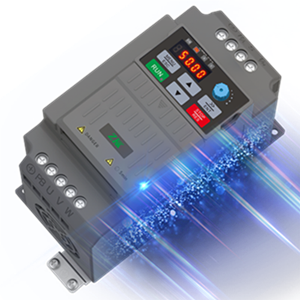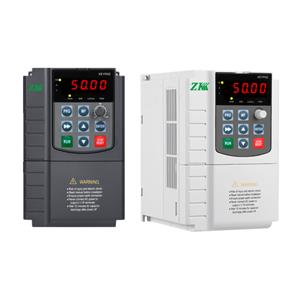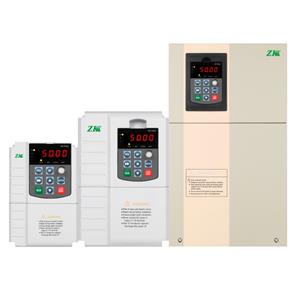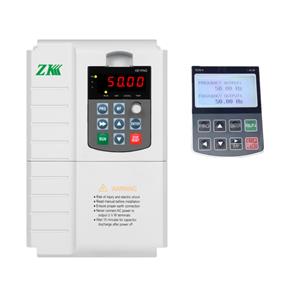Choosing the Right Inverter for Your System
When configuring an electric power system—be it for residential solar photovoltaic installations, industrial motor control applications, or any scenario requiring energy conversion—selecting the appropriate solar water pump inverter is crucial. The basic function of a solar water pump inverter is to convert direct current into alternating current, and choosing the right solar water pump inverter involves considering the unique needs of the system. In this guide, we will explore the key factors to consider when selecting a solar water pump inverter that meets your requirements.
Firstly, one must consider the type of electrical load that the solar water pump inverter needs to support. Electrical loads can be classified as resistive, inductive, or capacitive, and each type poses different demands on the solar water pump inverter. For example, inductive electrical loads such as electric motors and transformers typically require a higher start-up current, implying your solar water pump inverter should have a higher surge capacity to handle this initial power spike.
The power capacity rating of the solar water pump inverter is another critical aspect. The power capacity rating should be selected based on the system's continuous power consumption, usually measured in watts or kilowatts. However, one should also consider a margin for system expansion or unexpected power increases. Ensure that the solar water pump inverter's continuous power capacity rating meets the system's demands and keep in mind the power capacity rating for short-term overloads.
Additionally, the quality of the output waveform is extremely important. Pure sine wave solar water pump inverters provide alternating current output very close to utility-grade alternating current, suitable for sensitive electronic devices and appliances with complex circuitry. Modified sine wave solar water pump inverters tend to offer cost-effectiveness and may be sufficient for less sensitive applications, but could cause issues with more sophisticated electronic devices or create audible buzz in audio equipment.
Conversion efficiency is another aspect that cannot be overlooked. Solar water pump inverter conversion efficiency, which represents the percentage of direct current converted to usable alternating current, is typically expressed as a percentage. High-efficiency solar water pump inverters waste less electrical power and are more economical in the long term. Additionally, a solar water pump inverter's conversion efficiency varies with the electrical load, so it is best to consider the efficiency curve within the expected range of operating conditions.
System compatibility and expandability should also be considered. Some solar water pump inverters offer modular designs, allowing for future system expansion, which is especially useful when anticipating growth in energy demands. Furthermore, the ability to interface with other components of the electric power system (such as energy storage batteries in a solar photovoltaic system or monitoring equipment for data logging and remote management) should be factored into your decision-making process.
When considering solar water pump inverters for renewable energy systems like solar photovoltaic arrays, ensure the solar water pump inverters match the voltage and electrical characteristics of the solar panels or battery banks. For grid-connected systems, solar water pump inverters must synchronize with the utility grid's voltage, frequency, and phase. The solar water pump inverters must also comply with local electrical grid standards and maintain anti-islanding protection for safety during power outages.
Installation requirements and protection features play a vital role in the operational safety and equipment protection. Solar water pump inverters should be robust enough to withstand the environmental conditions the solar water pump inverters will be exposed to. This includes protection against extreme weather events, operational temperature ranges, and supplemental moisture protection. Overload protection, short-circuit protection, and thermal protection are equally crucial to prevent damage to the solar water pump inverters and connected equipment.
Choosing solar water pump inverters from manufacturers with established technical reputations, reliable customer support, and comprehensive warranty coverage provides additional assurance. Solar water pump inverter manufacturers with proven performance records and comprehensive warranty terms can help ensure any technical issues are resolved promptly, minimizing potential system downtime.
In conclusion, the solar water pump inverter selection is a foundational decision that ensures the efficient and reliable operation of your electric power system. By considering the type of electrical load, power capacity rating, output waveform quality, conversion efficiency, system adjustability, compatibility with existing equipment, environmental considerations, and manufacturer support, you can select solar water pump inverters that not only meet current system requirements but also anticipate future operational needs and technical challenges. The chosen solar water pump inverters represent an investment in the operational stability and energy productivity of your power infrastructure, playing an essential role in the long-term success of the electric power system.




